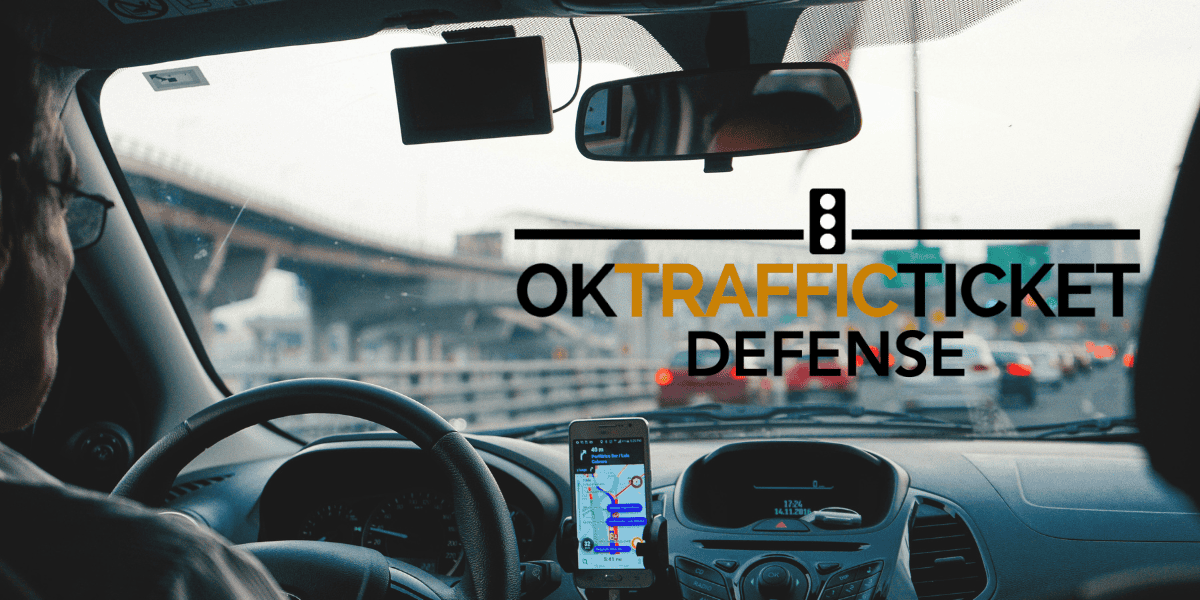
20 Nov How Defensive Driving Can Save Time, Lives, and Money
The Importance of Defensive Driving
Receiving a traffic ticket is more than just an inconvenience; it can lead to hefty fines, increased insurance premiums, and points on your driving record. But did you know that practicing defensive driving can greatly reduce your chances of receiving a ticket?
Defensive driving is all about being proactive, aware, and cautious while on the road. By following certain techniques – such as obeying speed limits, signaling properly, and staying focused – you not only enhance your safety but also ensure that you’re abiding by the law.
In this blog, we’ll dive into what defensive driving is, the consequences of not driving defensively, and an overview of defensive driving courses. These courses provide skills that can help you avoid common traffic violations, keep a clean driving record, and ultimately save you money and stress.
So, buckle up, and let’s explore why defensive driving is your best defense against traffic tickets.
What is Defensive Driving?
Defensive driving is a set of safe driving practices designed to help prevent accidents by anticipating potential hazards and reacting appropriately. Here are some key examples:
Maintaining a Safe Following Distance
Keep a 3-4 second following distance from the vehicle in front of you; this allows you to be prepared for unexpected actions, such as sudden lane changes or stops. Watch for cues like turn signals, brake lights, or hesitation.
Check Mirrors and Blind Spots
Regularly scanning your surroundings, including blind spots, helps you stay aware of other drivers, cyclists, and pedestrians. Avoid lingering in other drivers’ blind spots, especially those of large vehicles, that have wider blind areas.
Follow the Speed Limit and Adjust for Conditions
Drive at a safe speed based on weather, traffic, and road conditions, even if this means going below the posted speed limit. If you are driving slowly, stay in the right lane to allow faster drivers to pass on the left; this reduces the likelihood of tailgating and risky passing maneuvers. Identify possible paths or spaces to maneuver to if an unexpected obstacle arises, such as a stopped vehicle or animal on the road.
Avoid Aggressive Driving
Stay calm, avoid road rage, and be patient with other drivers. Give way instead of engaging in confrontational behavior. Stay focused on the road while avoiding phone use, eating, or any other activity that diverts your attention from driving.
Use Signals Early and Clearly
Use turn signals, change lanes, or merge well in advance so other drivers know your intentions. Use headlights in low-visibility conditions to ensure you are visible to other drivers. Do not drive with your high beams on while around other vehicles.
Defensive driving helps keep people safe on the road by promoting proactive and cautious driving habits. This reduces the likelihood of accidents and makes drivers more prepared to respond to unexpected events.
Consequences of Not Practicing Defensive Driving
Failing to drive defensively can lead to several serious consequences, both immediate and long-term. You are more likely to be involved in collisions due to unexpected hazards, other drivers’ mistakes, or your own delayed reaction time. Therefore, accidents can result in injuries to you, passengers, or others on the road.
This can come with costly car repairs, which insurance may not fully cover if you don’t have proper coverage. Car crashes can lead to fatalities, affecting multiple lives.
Additionally, being at fault in an accident can lead to legal issues, fines, or even jail time. If you do injure others, or cause property damage, you may be open to lawsuits as well.
On top of physical, emotional, and financial burdens from a collision, accidents, and traffic violations often lead to increased insurance premiums, which can heighten potential costs even more.
Any accident, traffic ticket, or violation will stay on your driving record for years, making it harder to qualify for certain jobs or insurance policies, and therefore affecting your future as a driver.
For those who rely on driving for their job (such as delivery drivers or truck drivers), losing your license or accumulating points on your driving record can result in job loss. Keeping a clean driving record can help mitigate these issues.
Educating Yourself: Defensive Driving Courses
The purpose of taking a defensive driving course is to improve driving skills, increase safety on the road, and reduce the risk of accidents by teaching proactive driving techniques. Courses can be taken online or in an in-person, classroom format.
They help reinforce knowledge of traffic laws, hazard recognition, safe following distances, and teach how to anticipate the actions of other drivers.
Defensive driving courses encourage positive driving habits, such as avoiding distractions, respecting speed limits, and staying patient.
In addition to continuing personal education, many insurance companies offer discounts to drivers who complete a defensive driving course, as they view these drivers as “lower risk,” or less likely to be involved in a traffic-related incident. This can lead to substantial savings on insurance premiums.
These courses can also help reduce points on a driving record, usually when contesting a traffic ticket. In these situations, a defensive driving course is usually court-mandated. In this instance, completing a defensive driving course may even help reduce fines or penalties listed on the traffic ticket.
Overall, a defensive driving course helps drivers become safer, more responsible, and more aware on the road, ultimately contributing to a safer driving environment for everyone.



